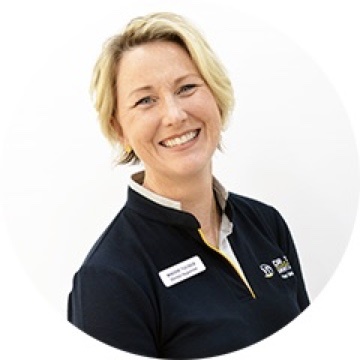A view from the Chair: setting out our future alongside the regulatory reform timetable
We’re over one month into the public consultation about our strategic plans for the next three years and we’ve already heard from dental professionals, trainees and members of the public. We’ve also held a number of one-to-one conversations with stakeholders and presented an overview to some groups. It’s good that we’re reaching a variety of people and we plan to do more, bringing together groups of stakeholders in August to hear feedback and ideas.
We’re setting out our strategic plans in an uncertain climate and, importantly, these plans aren’t set in stone. I recently spoke to Dentistry about what our strategic plans mean for dental professionals and the GDC.
If you have an interest in the priorities for dental regulation for the next three years, I’d encourage you to read and respond to our consultation.
Regulatory reform timetable slips but international registration reform continues
We’ve been clear in our strategic plans for the next three years that we will be prepared for reform, but before it happens we’ll continue to prioritise our efforts in areas where there is greatest potential for improvement within the current legislation. This approach is particularly relevant as the timetable for system reform has recently shifted further into the future.
The Department of Health and Social Care (DHSC) recently confirmed that the General Medical Council’s (GMC) legislative reform will take place in two phases, first when they bring physician associates and anaesthesia associates into regulation in 2023, and then when they reform the regulation of doctors at a later stage.
We expect that regulatory reform for the other healthcare regulators, including ourselves, will not begin before GMC’s reform is complete. This means that reform of our legislation is still at least two years away – but we will continue to press the government to make more rapid progress.
We’ll continue our preparations so that we are ready for reform when it comes, and in the meantime we will look for every opportunity to make improvements to our policies and processes within the constraints of the current legislation.
It is heartening that the changes to GDC’s international registration legislation are being taken forward separately, and we understand that DHSC plans to have received parliamentary approval by the end of this year.
We need the legislation to be in place before we can start to make our international registration processes more effective. We’re already drafting the policy to be ready to consult on proposals that will increase the capacity of the ORE. We are also preparing ourselves for the work to develop a wider range of routes using new powers for international registration over the longer term.
The DHSC’s written statement on 19 July also confirmed that the system of automatic recognition of EEA qualifications from dental professionals will not terminate unless further legislation is made to bring the current system to an end.
Dental care professionals: record your CPD by 28 August
The annual renewal period for all dental care professionals ended on 31 July. By this date, everyone renewing their registration needed to have completed a minimum of 10 hours of CPD over the last two years. Professionals now have until 28 August to make their annual or end of cycle statement to the GDC.
Last year, more than 3,000 registrants failed to meet the minimum CPD requirements for registration. Non-compliance can lead to removal from the register, as well as lots of extra work and administration for the individual and their practice or dental team.
There’s still time to ask the dental care professionals in your team if they’re on track to submit their CPD statement by 28 August.
 eGDC
eGDC











